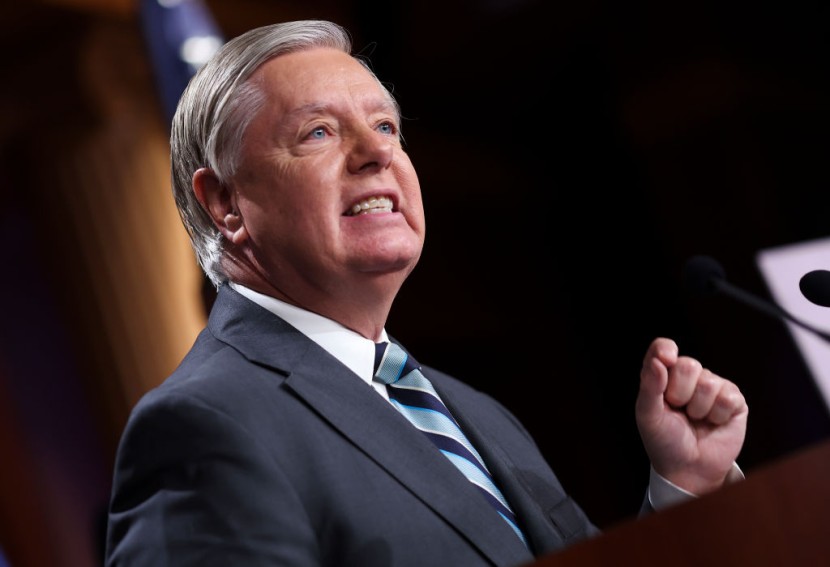
A Georgia judge has ordered Sen. Lindsey Graham of South Carolina to answer questions regarding election activity, including certain elements of his November 2020 phone calls with Secretary of State Brad Raffensperger.
The conversations allegedly include Graham suggesting to reject mail-in votes in the presidential election from counties with high rates of questionable signatures. The order was given out by U.S. District Judge Leigh Martin May, which must now be taken up for consideration by the 11th Circuit Court of Appeals.
Lindsey Graham Ordered To Testify
The order is the latest twist in a protracted legal drama in which Graham has sought to avoid appearing before a special grand jury in Atlanta. The jury is investigating former United States President Donald Trump's efforts to overturn his narrow loss in the state in 2020.
The South Carolina lawmaker's phone calls to Raffensperger were followed weeks later by a call from Trump himself. The former president asked the secretary of state to "find" 11,780 votes to put him ahead of President Joe Biden, as per the New York Times.
Graham argued that he should not be required to comply at all with a subpoena to testify in front of the special grand jury. The South Carolina lawmaker's lawyers raised issues of sovereign immunity and the fact that Graham is a "high-ranking government official."
However, judge May rejected those arguments in a ruling in mid-August but the appellate court, a week later, asked the judge to determine whether limits should be applied to Graham's testimony, based on the U.S. Constitution's Speech or Debate clause. The clause protects lawmakers from being questioned about their legitimate legislative functions.
According to the Washington Post, Judge May's ruling is not likely to be the final word on the matter and it will be reviewed and could be appealed to the U.S. Supreme Court. The situation comes as prosecutors argued that Graham has "unique knowledge" about the Trump campaign and the "multistate, coordinated efforts to influence the results" of the 2020 election in Georgia and elsewhere.
Speech or Debate Clause
Last week, the appeals court granted the South Carolina senator a temporary reprieve when it ordered the District Court judge to take another look at Graham's claim. In judge May's latest opinion, she acknowledged that portions of the calls may "constitute legitimate legislative activity that falls within the protections of the Speech or Debate Clause."
But the judge left room for Fulton County District Attorney Fani Willis' team to question Graham about "any alleged efforts to 'cajole' or encourage" Raffensperger or other Georgia election officials "to throw out ballots or otherwise alter Georgia's election practices and procedures."
Graham's office released a statement on Thursday saying that they were pleased that the district court recognized Graham's testimony is protected by the Speech or Debate Clause. They added that the senator would "continue to defend the institutional interests of the Senate and the Constitution before the Eleventh Circuit."
Graham has repeatedly denied accusations of applying any pressure on Georgia officials and he and his lawyers argued that he was simply doing his job as a lawmaker in the aftermath of the election, CNN reported.
Related Article:








